

Three trans women discuss television depiction versus reality for gender minorities



Three trans women discuss television depiction versus reality for gender minorities
Over the last decade, there have been great strides made in media depictions of gay, lesbian, and biseuxals. While it once took great effort to find satisfying representation in media for sexual minorities, it is now so normal to find both fictional and real life LGB people on your screens that no searching is required at all. This is in large part due to the inclusion of real gay voices in the development of TV shows, books, and movies. But in the midst of all this exhilarating success, has American society left the gender minorities of the LGBTQ+ community in the dust?
Here, three gender minorities have shared their stories, with a focus on their identity, relationships with the media, and coming out experiences to give insight into the nuances of their experience.
These young trans individuals are all in their late 20s and use she/her pronouns. They all post on the same discord server, where they share stories, video game recommendations, music videos, memes, and advice. Having a trans community is important to them, especially since they are all still in the process of coming out to their friends and family. For this reason, full names and other personal information have been omitted.
Perspective One
D
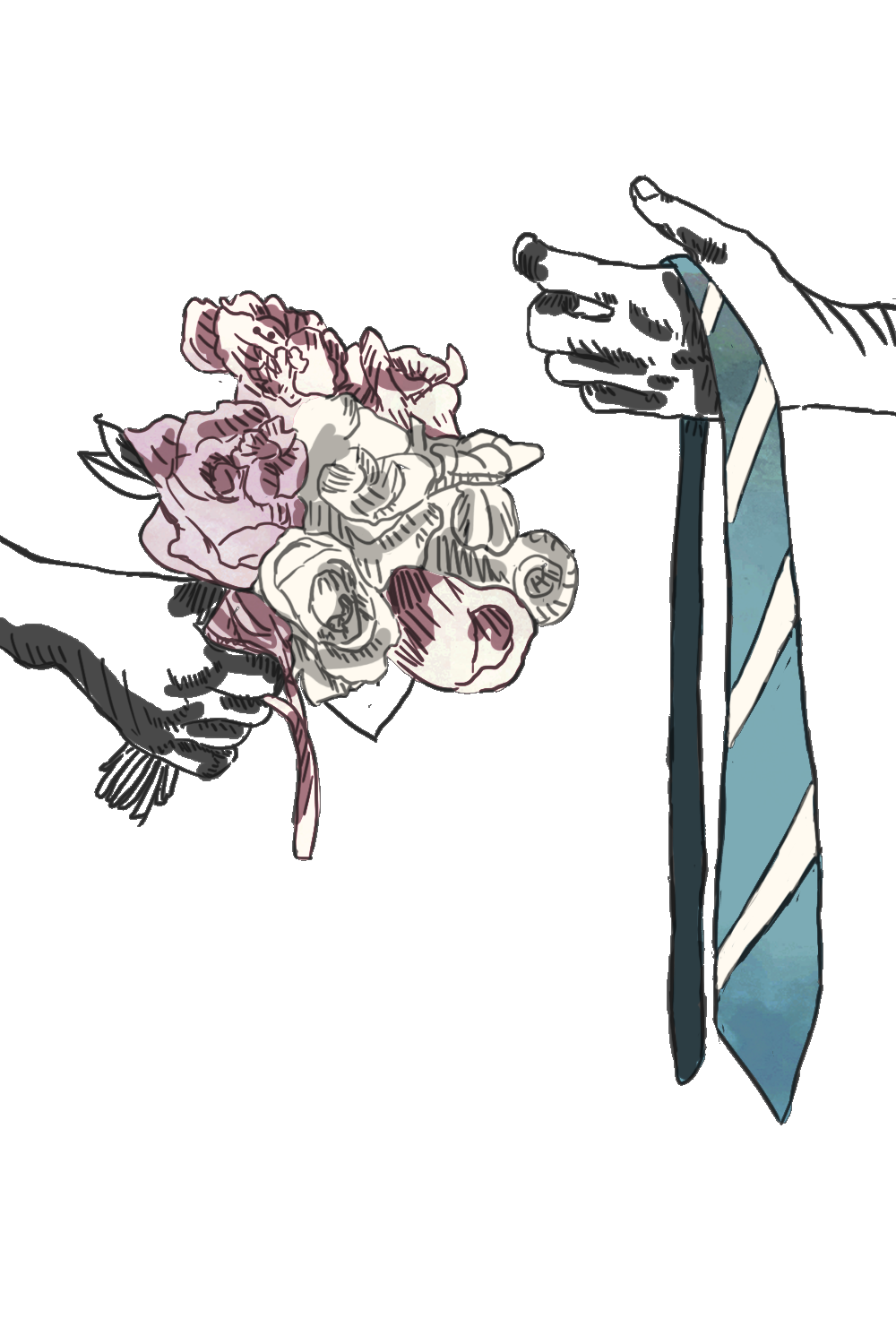
Relationships are important to D, a trans woman who first talked about questioning her gender identity in 2016. “The concerns of acceptance by my family are staggering,” D says. “And not in the way people might think.” D says she isn’t concerned about homelessness, or even being disowned. She’s worried about family doing “a million little things” to prevent her from coming out. “I'm concerned about hearing “you'll always be [deadname] to me.” D says. “I'm worried about being asked to help my aunt with chores because she “needs some big, strong men… I'm afraid of having to send back gifts because they bought me men's clothes or wrote out a check in the wrong name.
D shared many coming out stories with me. Here's another that stood out:
“My friend J was my first time coming out to someone directly, and without knowing what to expect. A year prior, he asked me to be a groomsman for his wedding and I accepted. I thought I would be prepared but as the wedding drew closer, I knew I couldn't perform the role and I told him with 3 months to spare before the date. I asked him if we could go to the mall and hang out for a bit (and get me fitted for the tuxedo). We caught up and I asked about other people we knew in college, and he mentioned that two of our mutual friends had since transitioned (I knew this, but I wanted to see if he did before mentioning them to avoid deadnaming them; I also wanted to use the topic to gauge how he might react to my identity). When it came time to go to the unfortunately-named Men's Warehouse for the fitting, I acted visibly uneasy and told him that I wasn't planning to go there that day. I asked him if I could tell him something and we walked to his car, still catching up and joking about his typical car problems. For all my stress and anxiety, it went fine; he was totally respectful and only wished I'd told him sooner – something we definitely had in common. The wedding was beautiful, my name card had the correct name on it and he introduced me to the bride using the correct name.”
D first shared with her cousins R and M that she was questioning her gender identity in 2016. This was made easier by the fact that one of her cousins identifies as queer/pansexual. In the summer of 2018, she officially came out to R and M.
D recounted her first coming out story, “[L]ate this past Summer, I was driving R and M back from a bar our aunt works at and the subject of dealing with LGBT identity in our family came up again (neither me nor my other LGBT cousin are out at large to them) and I confirmed to them I am a girl and am transitioning.”
D lives with her mother. While she trusts her mother not to kick her out, she doesn’t think her mother would take her coming out well. D believes her mother is “struggling to cope and is not ready”.
“She’s seen the signs.” D explains. “She's seen the clothes I've bought, she's seen the card of the doctor who wrote my HRT script), and she's seen tabs I've left open when she used my computer."
D adds, "She told me that night that I'd be her son – or daughter – no matter what or something akin to that... despite that..."
“Please don't be a [slur]*”
“I don't care if you're gay,
just please don't turn into a woman”
“You're a man! Please!”
These are all things she's said as well."
*D did not share what slur was used.
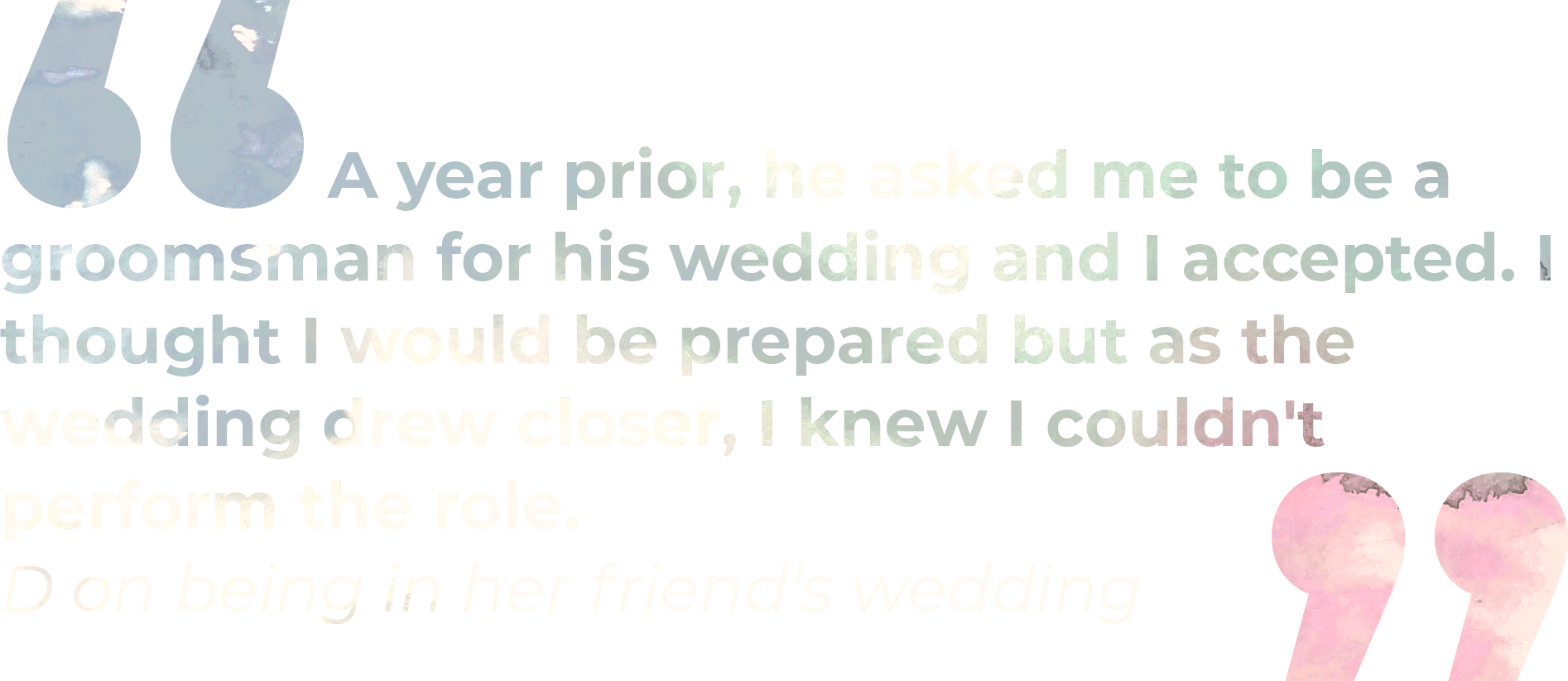

When it comes to D's concerns about depictions of trans women in the media, she highlighted some major issues. She lamented that slurs, especially "tranny" are used casually in both TV shows and in behind scenes footage of shows.
"I consume media that's not great on trans issues, and that word is a lot to swallow down," D explained. "After hearing cast and producers use it like it's nothing in behind the scenes footage, I can no longer enjoy It's Always Sunny in Philadelphia, for one example."
It's Always Sunny in Philadelphia featured a storyline about a trans woman named Carmen. The cast regularly referred to her as a “tranny” and the camera would often linger on the visible outline of a penis in her pants as a joke. Closeted homosexual Mac has a relationship with her, with an implication that he is attracted to her for her more masculine attributes.
D says there's a long list of "thoughtless, casual ways to mock the reality of gender dysphoria that's infantile at it's mildest, and life-threatening in combination with millions of other inciting jabs." Even well intentioned cis people may comment that someone has or hasn't transtioned "all the way"/"fully", but D points out that this can be harmful as well. "Everyone's transition is different," she says.
"Statistics are the way they are for a reason. To any cis person who looks at depressing statistics on trans people and concludes that there must be something “wrong with them”, there's a reason so many of us face s*icide at alarming rates, and it's no coincidence that these unfortunate statistics align with very consistent predictive factors like poverty, family support, harrassment and discrimination. I'm lucky to live in an area where vital social programs are somewhat existant for us, but I can promise that if I weren't I'd be in a much more dangerous place."
Perspective Two
O
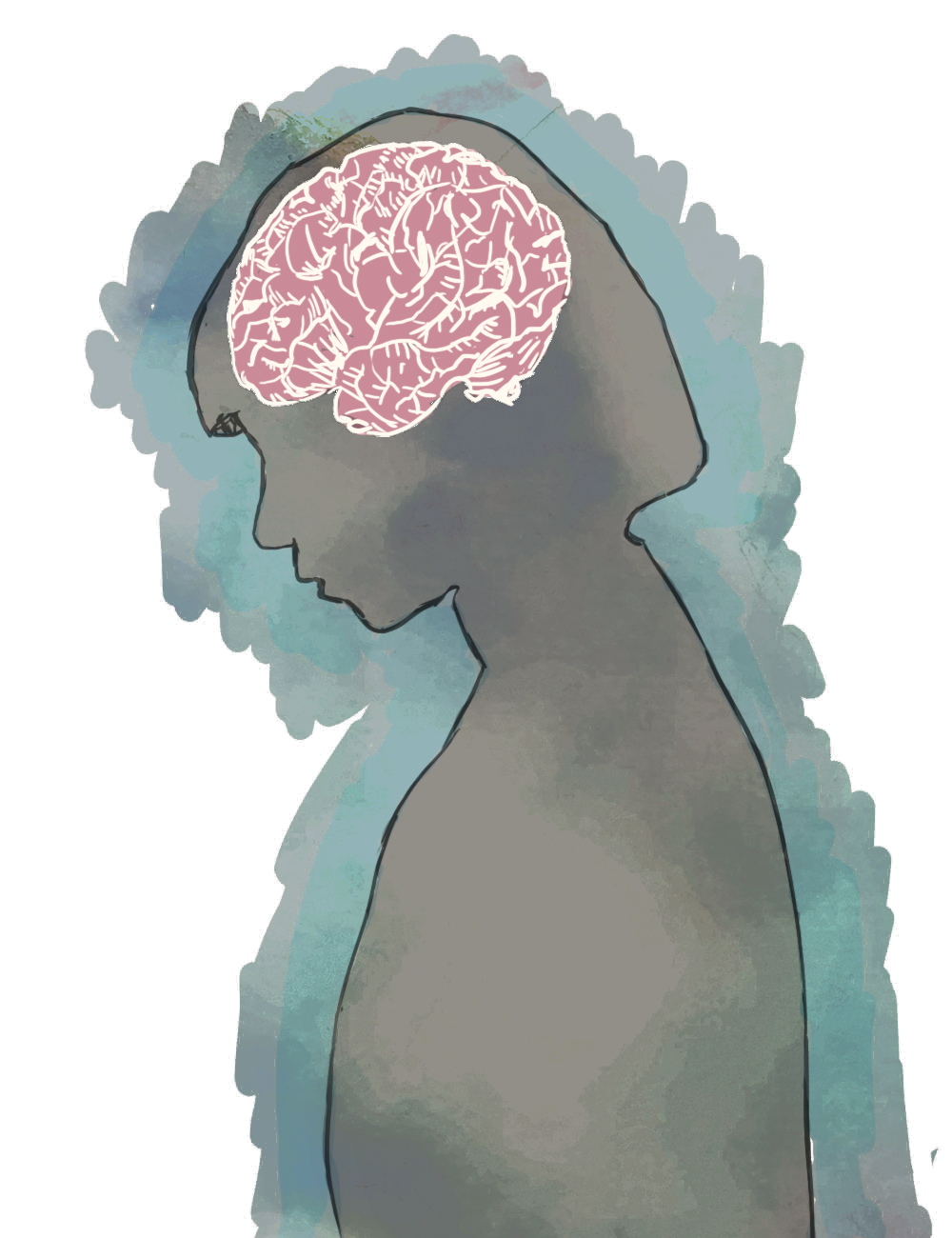
According to O, the internet is where be she can herself. She has felt more comfortable coming out to friends online, and is only out to one person who she doesn't know through the internet.
"I can’t be myself out of fear of being ostracised and being called homophobic and/or transphobic slurs," O says. "I can’t be myself ‘cause the person I am isn’t the person I appear to be."
O has found a trans community online where she has become more comfortable being her true self. In her internet circle, "everyone has been accepting and supportive."
![QUOTE: It’s not that [trans people] want to become the opposite gender, it’s that they are the opposite gender, but are stuck with their body. You are your conscious, not your body. - O on misconceptions](images/o-main-qu.gif)

O says the media perpetuates a false idea that "trans people are people who want to become the opposite gender." She explains succinctly, "It’s not that they want to become the opposite gender, it’s that they are the opposite gender, but are stuck with their body. You are your conscious, not your body."
O calls opinions often expressed in the media and by cis individuals as "depressing."
"Some people treat them like their problems are invalid and pretend to know more about them than they do themselves,” O explains. “I think some people are understanding and supportive, but some are just ignorant, and others bigoted."
O has observed that trans women are discussed in the media like they are “some other type of being” and “aliens that exist alongside humans”. She doesn’t like that trans women are presented as if being trans is a choice they made that is inconvenient to others in their lives. “[I]nstead it’s innate and it’s beyond horrible to exist inside a body that’s not your own, especially when you never had your own in the first place.”
O just wants to be treated like everyone else. Overemphasizing that an individual is trans leads to an idea that they’re more separate from the general population that they really are. O suggests cis people to not bring up a person’s gender identity in situations where it isn’t relevant, as this only deepens the sense of difference between trans and cis inidivudals.
700,000 Americans, or 0.3% of the U.S. population identify as trans. For context, 0.3% is also the amount of Americans who speak Polish. Only 0.2% consider themselves vegan. Americans can be sorted into countless categories, but gender identity, diet choices, and language capabilities are each only a small part of who a person is.
Below you can click on a category and see what percentage of the U.S. population they make up, according to census data. If you are Pacific Islander or Mennonite, you actually make up less of the population than those who identify as trans. Members of these groups likely don’t wish to be treated as alien either.
0%
"[Y]ou are your conscious and I am my mine. We are the same, but I’m cursed to exist in this body from birth and I know it every second of my being."
Perspective Three
L
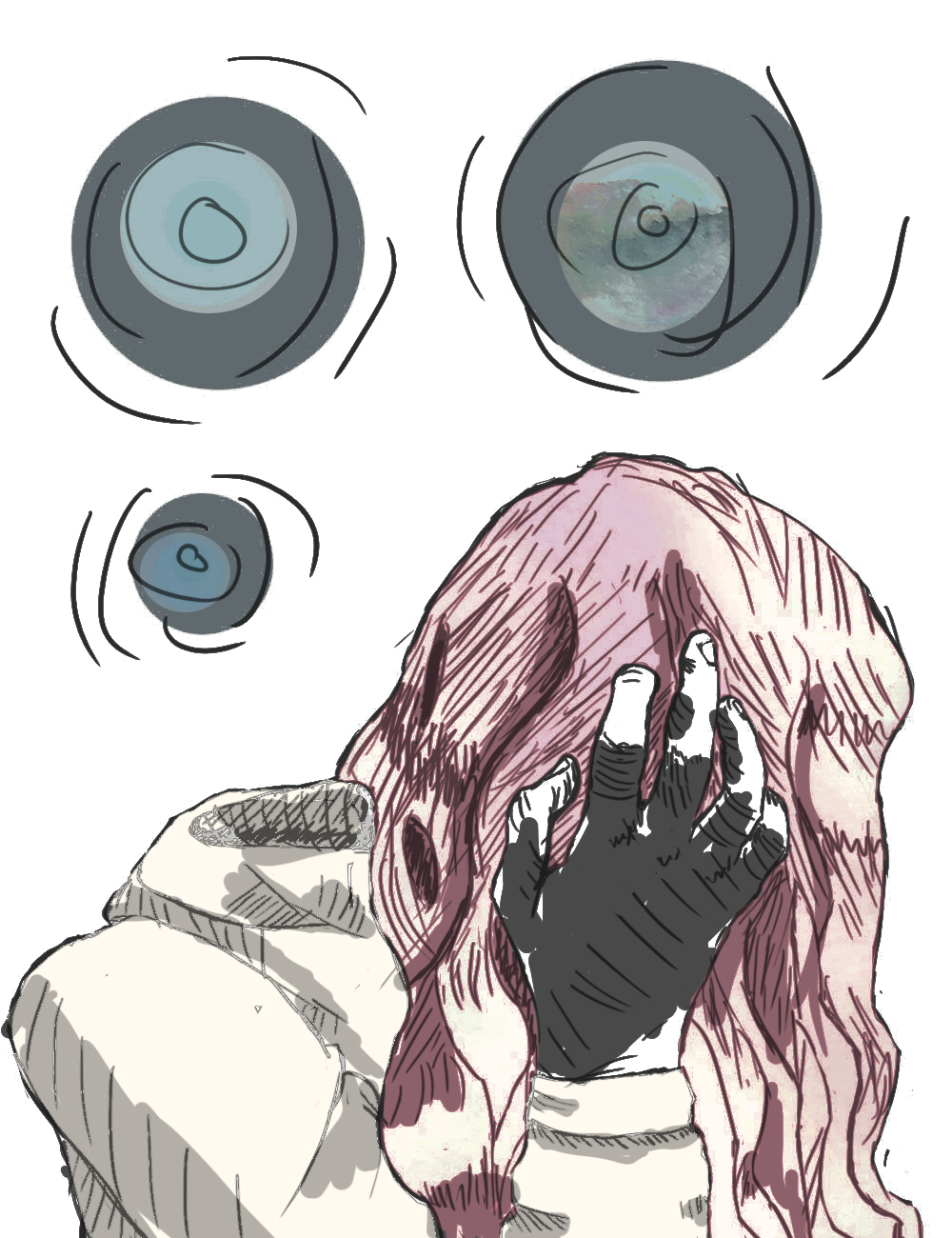
Though L identifies as a trans woman using she/her pronouns like D and O, she considers herself to have "a shade of nonbinary."
Gender identity isn't always binary; some people don't simply identify as male or female. Like L, there are those that identify as some version of "non-binary" or "gender neutral." In fact, there is an entire spectrum of identities.
It might be helpful to think of gender on a continuum. >While for some gender identity is static, for others, it might be a sliding scale depending on the day.
male female
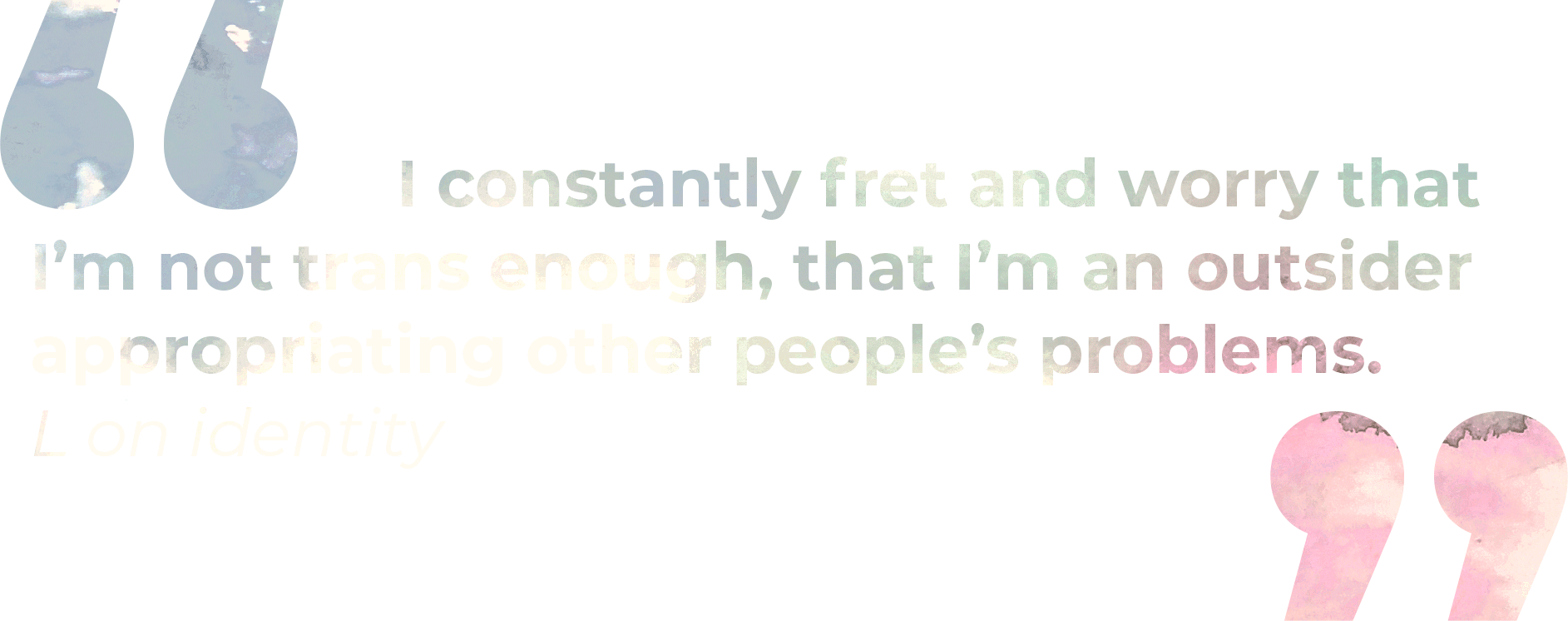
L started presenting as female to her friends online before coming out to anyone in person. L says her realization of her own gender identity was inspired by friends' coming out. "Some people I really cared about were sharing their experiences, and one of them started to ask others to use female pronouns. This made me start to realize that I wanted that too," L explains.
Still, L found that a change in pronouns alone wasn't enough for her. She yearned to share her true self with her family, and to present physically as a woman. When she finally came out to her mother, not only was her identity warmly received, her mother helped her get laser treatments to remove facial hair and therapist appointments to get an official diagnosis so she could begin the physcial transition process.
Most of L's family was supportive. She says, "My mother didn’t seem at all surprised. My father also accepted it without seeming to struggle at all. He merely told me that he was grateful that he had escaped a toxic way of thinking that may have hurt me if I had come out to him several years earlier." However, she didn't feel as accepted by her older brother, who told her "you'll always be my brother." L doesn't know if she should take this as ignorant acceptance or outright rejection.

![QUOTE:[I want to see] the slurs [removed from the media], most obviously. “Tranny” is a big one. Attack helicopter is honestly worse. It also bothers me how people conflate entirely separate issues. Being a gender minority is all about wanting to express yourself in the way that you want. Any cis person wants the same.. - L on surs](images/l-2.gif)
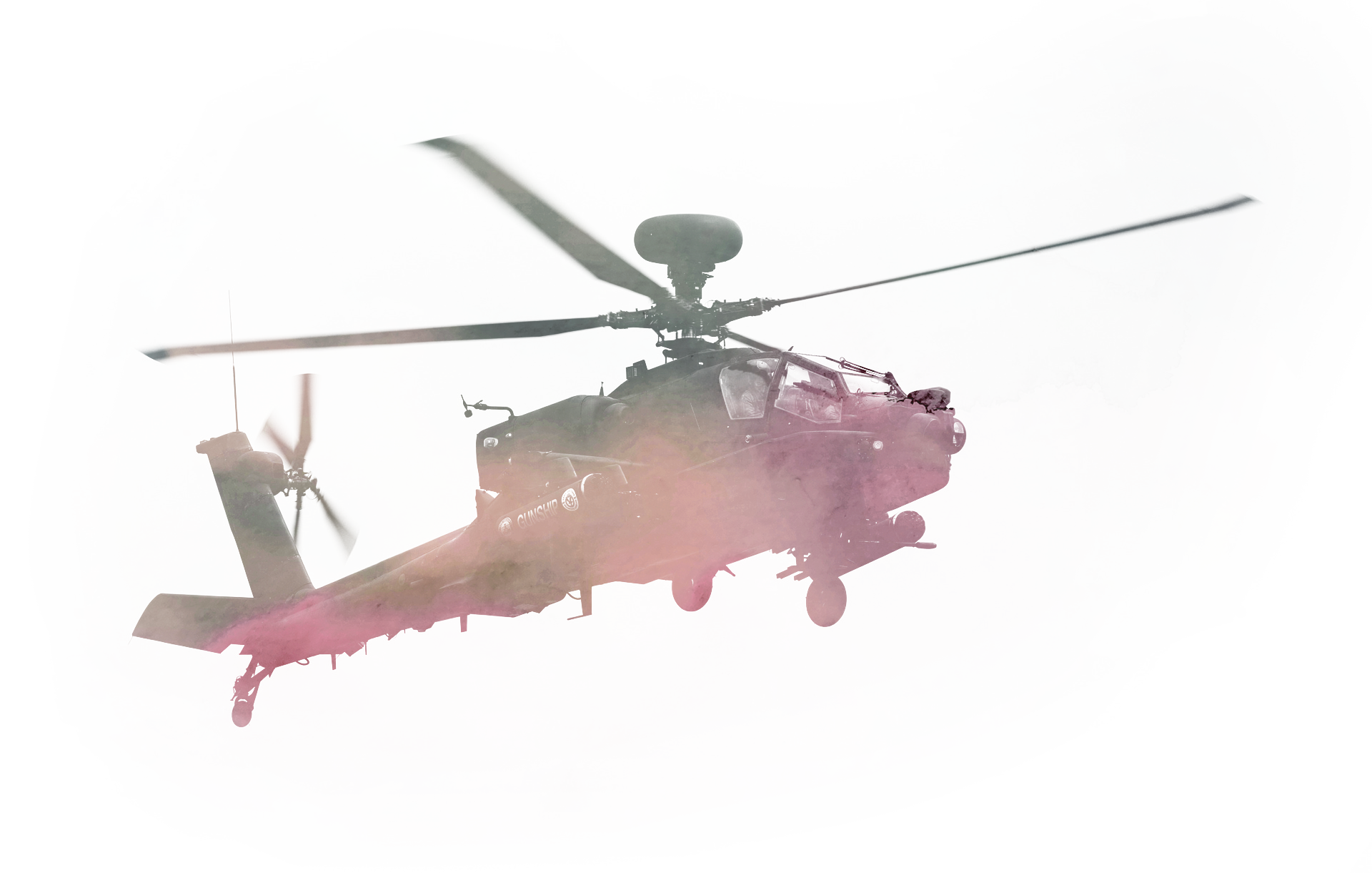
"Attack helicopter" refers to a meme that started in 2014. The meme uses the phrase "I sexually identify as an attack helicopter" to mock various sexual and gender identities.
L feels frustration with the media's tendancy to depict trans women as entitled. She points out how difficult life is for trans women saying, "Trans people have work so hard to overcome their problems. They suffer so much unwarranted pain and anguish just because they want to look how they feel deep down. They face ostracization, loneliness, rejection, insecurity and a myriad of other threats. They’re not doing it to stand out or be special. They’re doing it because otherwise, they would feel worthless within their own body."
One such threat faced currently is the alarming rate of violence towards LGBTQ+ individuals. When trans individuals consider coming out, cases like that of Vontashia Bell and Dejanay Stanton- who were murdered because their gender identity - often come to mind. Violent responses to a trans women’s coming out have always been common, but 2018 was an especially horrific year for the community.
Gender minorities, especially trans women of color, experience violence at higher rates than cis individuals. The chart below shows a breakdown of physical violence between trans individuals and the general public, based on data from the Anti-Violence Project, the National Center for Education Statistics, the National Coalition Against Domestic Violence, and U.S. Transgender Survey.
The following chart shows the percentage trans individuals that experience violence in comparision to the percentage of the general population. It is broken down by violence by intimate partner, violence by classmate, and violence by family member.
"Almost all of the trans people I have ever met are warm, welcome and friendly. That they want affection. That they love other people, cis and trans alike. That they didn’t choose to be this way. That they will often comfort people who feel like outsiders. That loudmouth stereotype of “down with cis” is a misunderstanding of the anger we feel – These people are guided by a witnessing of injustice again and again. In reality, we want you to see us and smile. We want you to hear our voices and not be able to tell just how much work we’re putting into not making ourselves uncomfortable." (O thought this summed up her thoughts as well.)
Final
Thoughts
The three trans women featured on this website may have some similarities, but they also illustrate how diversity in perspective can exist among a group of friends bound together by common interests and identity. To wrap up, let’s explore the three main topics discussed by each of these individuals.
While all the individuals featured identified as trans women at the time of this study, at least one of them as since considered switching pronouns to they/them or it. While for D and O, being considered a woman was very important to them, L’s relationship with gender identity has been much more of an exploration. This is an important concept to keep in mind about gender minorities: gender is very personal and specific to each individual. However, all three are confident that they do not want to be considered male by society. All people struggle to break away from incorrect assumptions about ourselves at one point or another. In the case of D and O, they are concerned about being misgendered or ostracized by society, in the case of L, the concern is finding an authentic gender identity and being accepted for it.
In LGBTQ+ communities, sharing coming out journeys is a common way to bond. These individuals have kindly shared with us their experiences with coming out. The above stories clearly illustrate that coming out is a process, and the featured women were all at different parts of that process at the time of this study. As shown above, the coming out process can be hindered by comments and pressure from family and friends, and will go smoother with acceptance and love. L was surprised by the positive response from most family members. D and O both have people they are afraid to come out to due to a history of transphobia. The behavior of those in the lives of trans individuals can greatly impact the ease of their coming out and transition.
Finally, the core of this project was the desire to allow trans women to critique media representations and to give tips for a brighter and more accepting media landscape. I discussed slurs with all three, and naturally “tranny” was universally detested and should absolutely not be used in media any more than other violent and hateful slurs should. Overall, there was a sense that media often casts trans women in a negative light, showing them to be entitled, manipulative, or just men in drag. Media’s othering of trans women prevents richer and more nuanced representation. For more information on the relationship between media and the statistical reality for trans women, or to contribute more information on the topic, visit our wiki.